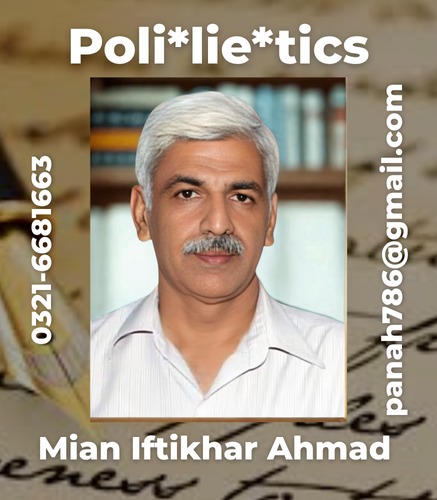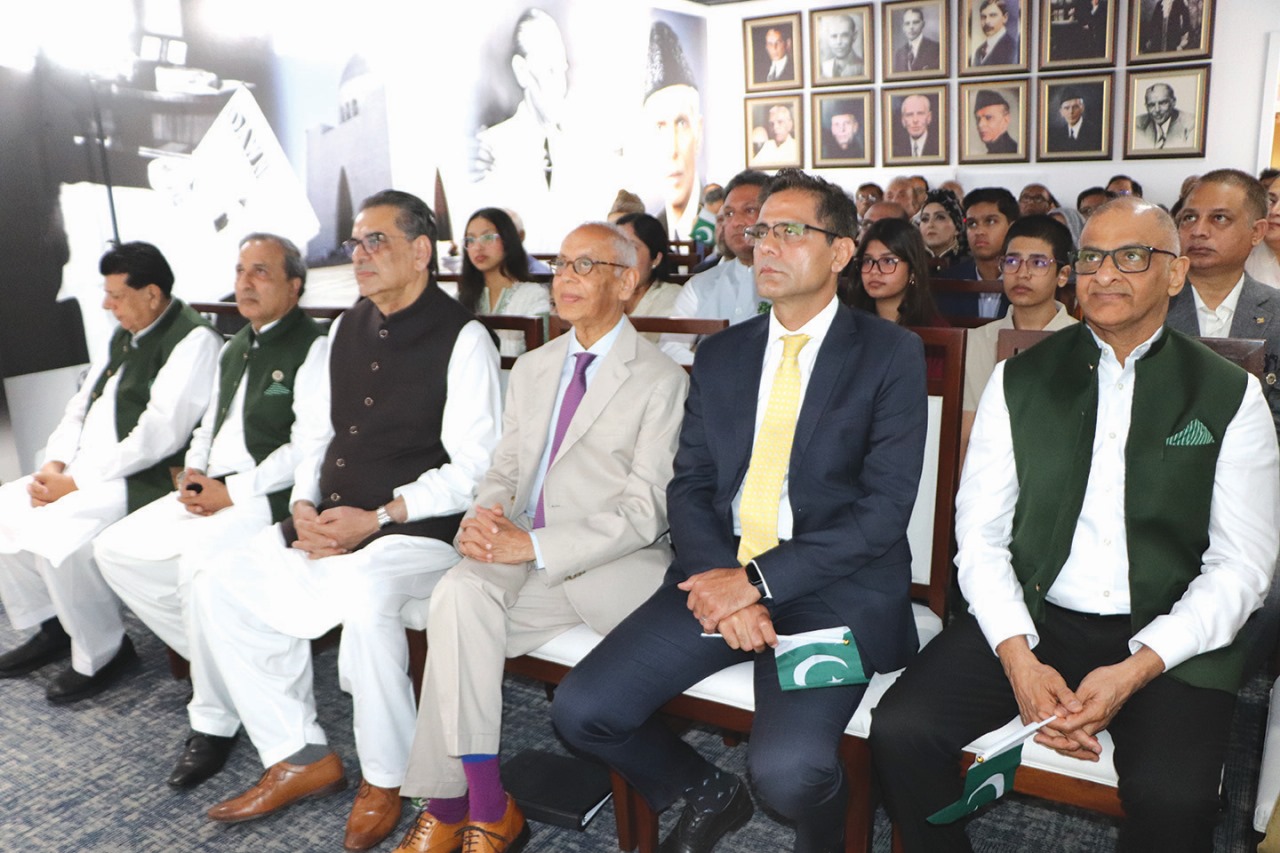(Publish from Houston Texas USA)
(By: Mian Iftikhar Ahmad)
The moment my eyes first reached the pages of “Khawab, Khushboo, Aaine,” the fragrance of words revealed a new world of wonder to me. The person whom I had known in the streets of Faisalabad as a bold and fearless officer today touched my heart with the softness of his pen, the scent of his thoughts, and the depth of his feelings. Azmat Firdous has not merely written letters on pages but has placed them.

The book “Khawab, Khushboo, Aaine” opens a similar spiritual and literary world where words are not just written; they enter the heart, touch the soul, and scatter a delicate melody in the silent valleys of the reader’s inner self. She has immersed her consciousness in the light of faith, placed her soul under the gaze of her murshid’s grace, and infused her feelings in the air of ishq-e-haqiqi, creating a color and depth that is unparalleled and holds a special place in Urdu poetry. At the foundation of this book burns a lamp of devotion whose light is not granted to everyone, nor can it soak hearts in this way. When she mentions her murshid in her verses, the words turn into a mala of light, and the feeling assumes a luminous state. She says: “Mujh ko murshid ne haq shanas kiya, seeddhe raste se roshnas kiya, rasm-e-duniya se dey ke azadi, ishq-e-wahid mera libas kiya.” These verses are not merely praise or love, but the beginning of a spiritual journey where a talib-e-dil, a servant, a human being is saved from wandering, recognizes his true self, and steps out of the nets of worldly rituals toward ishq-e-wahid. This very ishq is the force that sanctifies human words and purifies the gaze. As Azmat Uswa dives into the depths of devotion, she dedicates every writing, every thought, every word to her murshid, saying: “Jo bhi likha hai kaif o masti mein, aap ke naam iqtibas kiya.” This is not just poetry; it is the humility of the soul that words can hardly support. It is not a declaration of love but a declaration of Fana, that everything written, understood, or attained is a gift of the murshid.
At another point, seeing herself as insignificant, lowly, and worthless, she draws the impression of the murshid’s favor that brings tears to the reader’s eyes: “Un ki nazar karam hai bas Uswa, mujh si bandi ko itna khaas kiya.” In this verse, the fragrance of humility reminds one of their true selves and teaches that greatness belongs only to the one who considers themselves nothing. This humility flows through her poetry like a flood, purifying the words she places on the page.
The combination of Khawab, Khushboo, and Aaine in her book creates a new dimension in Urdu poetry. Dreams are the hopes that fill the soul with light, Khushboo is the feeling that continuously lingers in the heart, and Aaine are the truths that not every heart can face. She unites these three to create a world that captivates the reader. She writes: “Qariya jaan mein hai jo utre Khwab, Khushboo, Aaine, umr tak aankhon ne dekhe Khwab, Khushboo, Aaine.” Here, qarya jaan is a complete universe, a spiritual settlement where dreams descend, khushboo dwells, and aaine reflect the truths. In her subsequent verses, the blend of nature, emotions, and inner human states mesmerizes the reader: “Phool, kaliyan, rang, shabnam, raat, aankhein, khamoshi, naqsh kiya hai dil pe ubhrey Kkhwab, Khushboo, Aaine.” These lines do not merely paint a scene but transfer it into the heart. The fragrance of flowers, the moisture of shabnam, the silence of night, and the impressions on the heart together create an effect that lingers in the mind. This book also presents pain with a unique color. The poet has not made sorrow a dark alley but a soft line of light that descends as peace in the reader’s heart. She writes: “Barf kohsaron pe pighli ho gayi, aankhein rawan, dard ke badal woh barse Khwab Khushboo, Aaine.” This is not the expression of pain but the purification of it. The eyes do not merely become wet; they cleanse the heart.
Azmat Uswa invites her readers: “Dil ki aankhein khol kar Uswa, zamana chhan ley, har taraf bikhre hain jalwe Khwab, Khushboo, Aaine.” This verse compels the reader to pause and realize that if life is viewed through the eyes of the heart, beauty is scattered everywhere. This is Uswa’s message: for the one who wishes to see, there are thousands of paths, countless manifestations, and innumerable signs. “Khawab, Khushboo, Aaine” is a book that does not merely give pleasure but transforms, enlightens, and softens the reader. It is literature and ibadat, poetry and roshni, feeling and a spiritual touch. Every verse, every word, every meaning touches the reader’s soul and leads them on a journey where they see themselves and the signs of their Rab.
Concluding Remarks
This book will not only keep alive the name of Azmat Firdous Uswa but also make it a lamp of literature whose light will be felt by generations. This is not a book that fades with time; it is engraved in hearts, spreading Khawab, khushboo, and illuminating aaine. It is a testimony to her spiritual and literary stature that will remain for eternity. This book is like a fresh breeze that touches the soul, and the writer is a lamp whose glow remains in the valleys of the heart.
“May Allah bless Azmat Firdous on this creative journey and grant her the ability to write even more beautiful books. Ameen.”

